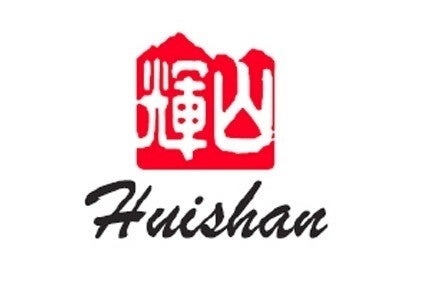
Huishan Dairy Holdings Co. has questioned claims made by food safety officials in Hebei province that some of the Chinese firm's products contain excessive levels of sodium thiocyanate.
The company halted trading in its shares after the Hebei Food and Drug Administration said levels of sodium thiocyanate above those allowed under Chinese law were detected in the group's high-calcium milk and ordered the product be pulled from the shelves.

Discover B2B Marketing That Performs
Combine business intelligence and editorial excellence to reach engaged professionals across 36 leading media platforms.
The Chinese dairy organised a press conference in Beijing this morning (29 September), where it insisted the regional food regulator's tests were inaccurate.
Huishan SVP Xu Guangyi said none of the company's own tests – or those conducted by third parties – showed any indication of high levels of sodium thiocyanate. He questioned the validity of those carried out on behalf of the regulator by the Qinhuangdao Inspection & Quarantine Technology Center. According to information published by the China National Accreditation Board for Conformity Assessment (CNAS) Laboratory Accreditation, Qinhuangdao's detection range does not include sodium thiocyanate.
Following the Hebei FDA's findings, other regional and national food safety bodies have begun testing Huishan products. To date, the Liaoning Provincial Food and Drug Administration, as well as China's National Food Quality Supervision, Inspection and Safety Centre, have cleared Huishan products.
In an update today, the Hebei FDA said that it has submitted seven additional products manufactured by Huishan for "emergency testing". It said: "Test results show that… of the seven batches sodium thiocyanate content does not exceed the national food safety risk monitoring reference value." The regulator cleared products including: Huishan ranch pure milk, organic milk and walnut and black sesame milk.

US Tariffs are shifting - will you react or anticipate?
Don’t let policy changes catch you off guard. Stay proactive with real-time data and expert analysis.
By GlobalDataHuishan said the leaked test results have led to "social panic" because the public fear milk has been contaminated with a man-made chemical when, the company said, "background" levels of sodium thiocyanate occur naturally in milk and vary according to season and feed. The company insisted it uses milk produced on its own farms and added sterile packaging meant there is no need for the use of sodium thiocyanate in its production processes.
Sodium thiocyanate is most commonly used as an analytical reagent, solvent, andchemical intermediate, and for rubber treatment and textile dyeing and printing.
Alongside its milk and dairy products business, Huishan is engaged in a Chinese infant formula joint venture with European dairy co-operative FrieslandCampina.





